Description
Chia seeds are small, oval-shaped seeds that come from the Salvia hispanica plant, which is a member of the mint family. These tiny seeds have gained immense popularity in recent years due to their remarkable nutritional benefits and versatility in cooking and baking.
::Chia Seeds Benefits::
- It is high in fibre which acts like a prebiotic, that promotes the growth of good bacteria, thus helping to improve the gut health.
- It may help strengthen your bones and muscles with Calcium-rich.
- Omega Fats are the healthy fats that your body requires for reducing the cholesterol levels and protecting the heart health.
- It can also be helpful in improving digestion.
- One of the most important nutrient required for boosting immunity is antioxidants.
- Chia seeds are low in calories and cholesterol which can help in lowering the blood sugar levels and preventing sugar spikes.
- It is an excellent source of fibers, protein, omega3, vitamins& minerals.
- Rich in fiber, protein, omega – 3, calcium & naturally gluten free.
- It helps in building strong bones and muscles and also in losing weight.
- A versatile kitchen Chia Seeds add a pleasant nutty flavour to your favourite meal and improve the nutrition quality of your food with various health advantages.
- Consuming these seeds can enhance performance for workouts that lasted 90 minutes.
- Antioxidants in chia seeds have been shown to stop up to 70% of free radical activity and also helpful in diabetes prevention.
::Chia Seeds Uses::
- They are eaten cooked or ground into a powder and used for making cakes etc. They can also be sprouted and used in salads.
- Energizer pack- with its richness of healthy minerals, it keeps you energized all day long. A Nutty Snack- Pumpkin seeds make a nutty & crunchy snack to add in your daily diet.
- Daily consumption of 1 teaspoon chia seeds mixed with water can help in boosting your immunity.
- This seeds can be eaten raw or added to puddings, breakfast smoothies, juices and more.
- It can used in egg free and gluten-free baking too.
- It absorb a great amount of water and can form a gel which is a great egg substitute in baking.
- Just mix 2 tsp of it with 3 tsp water. Let it sit for a few minutes, and this gel is good to replace one whole egg in baking.
- This is also great for people with egg allergies or those following a vegetarian or vegan diet. This gel is great to thicken desserts, and make healthy desserts like chia seed pudding.
- These seeds are great to sprinkle on salads for an added crunch.
- Sprinkle on rice or vegetables elevates the presentation as well as crunch of the dish.
- To make the most talked about chia water – just soak a spoonful of seeds in a full glass of water overnight. Next morning add it to 2-3 bottles of water in equal amounts. Add a squeeze of lime or some mint leaves and sip on this water all day.
- It can take with the sprouts is also edible and can added to sandwich fillings or salads amongst others.
::Note::
- It’s protein may cause allergy. People who are allergic to mustard seeds and sesame should avoid it.
- Avoid taking it if you are taking medications like anticoagulants and antiplatelets (prevent blood clots), anti-hypertensive (treats high blood pressure), anti-cancer, antioxidants, and omega-3 fatty acids, as chia seeds might interact with these medicines.
- Avoid it if you have stomach-related issues.
- There is not enough data on the safe usage of chia seeds during pregnancy and breastfeeding. Therefore, avoid taking it during pregnancy and breastfeeding or consult your doctor if you can take chia seeds during these times.
- People should not use it to self-medicate themselves without taking consultation from a doctor.
::Differance between Chia seeds and Sabja seeds::
Sabja seeds are jet black in colour while chia seeds are a mixture of black, white and grey in colour.
Sabja seeds are elliptical in shape while chia seeds are oval.
It can consumed raw or soaked while sabja seeds can consumed only after soaking.


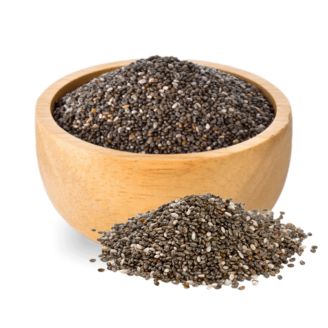
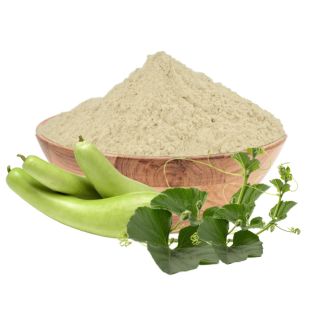
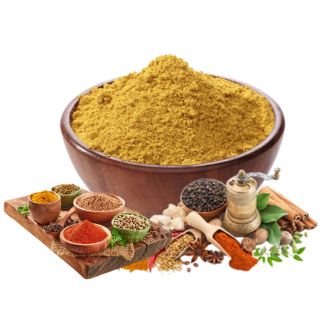
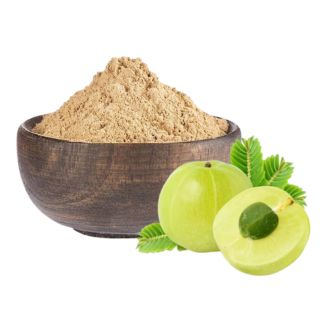
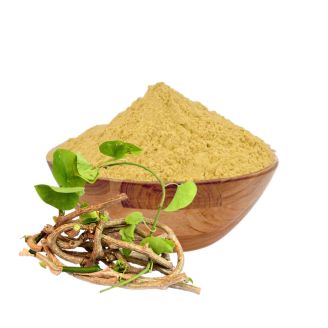
Reviews
There are no reviews yet.